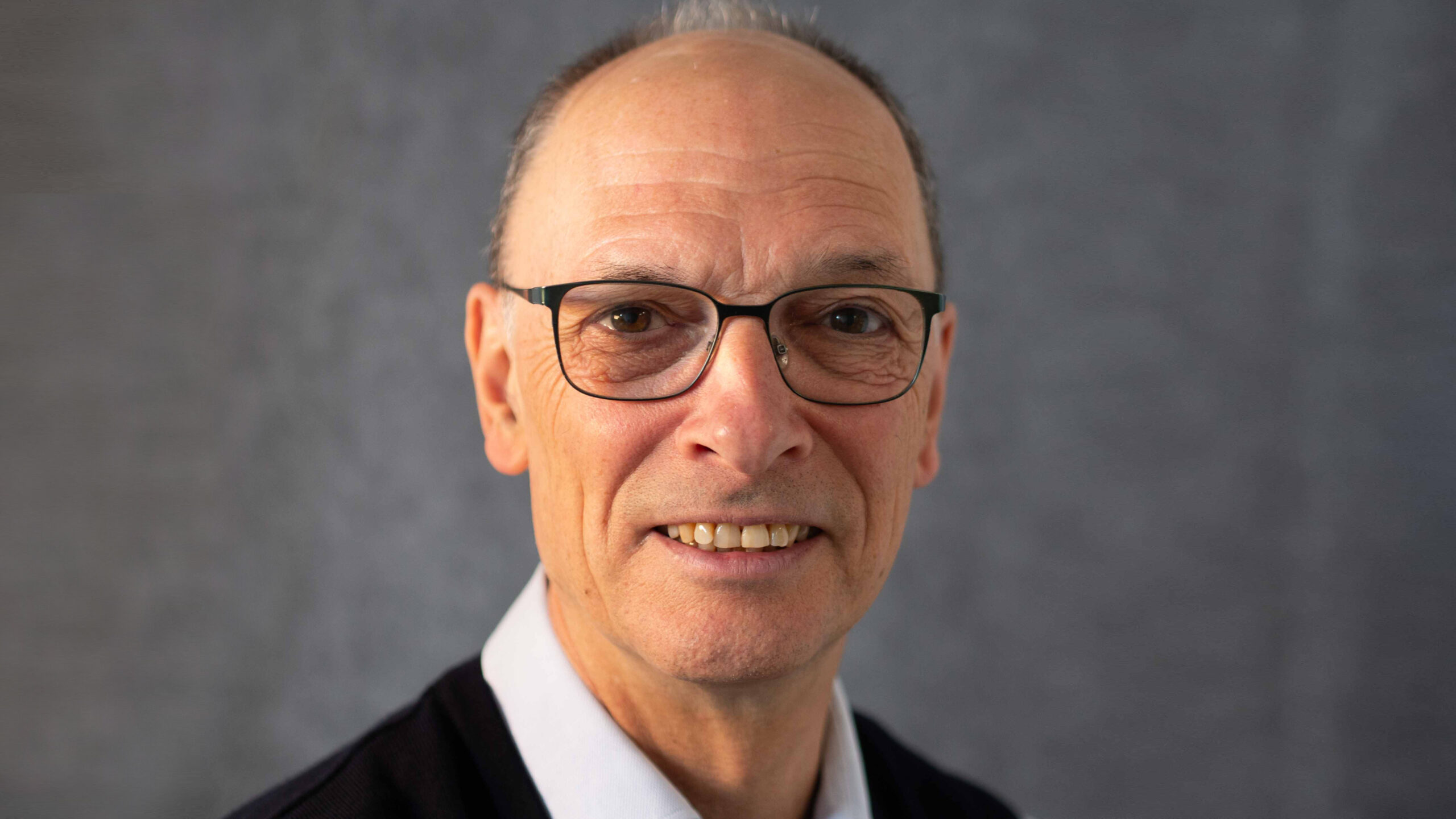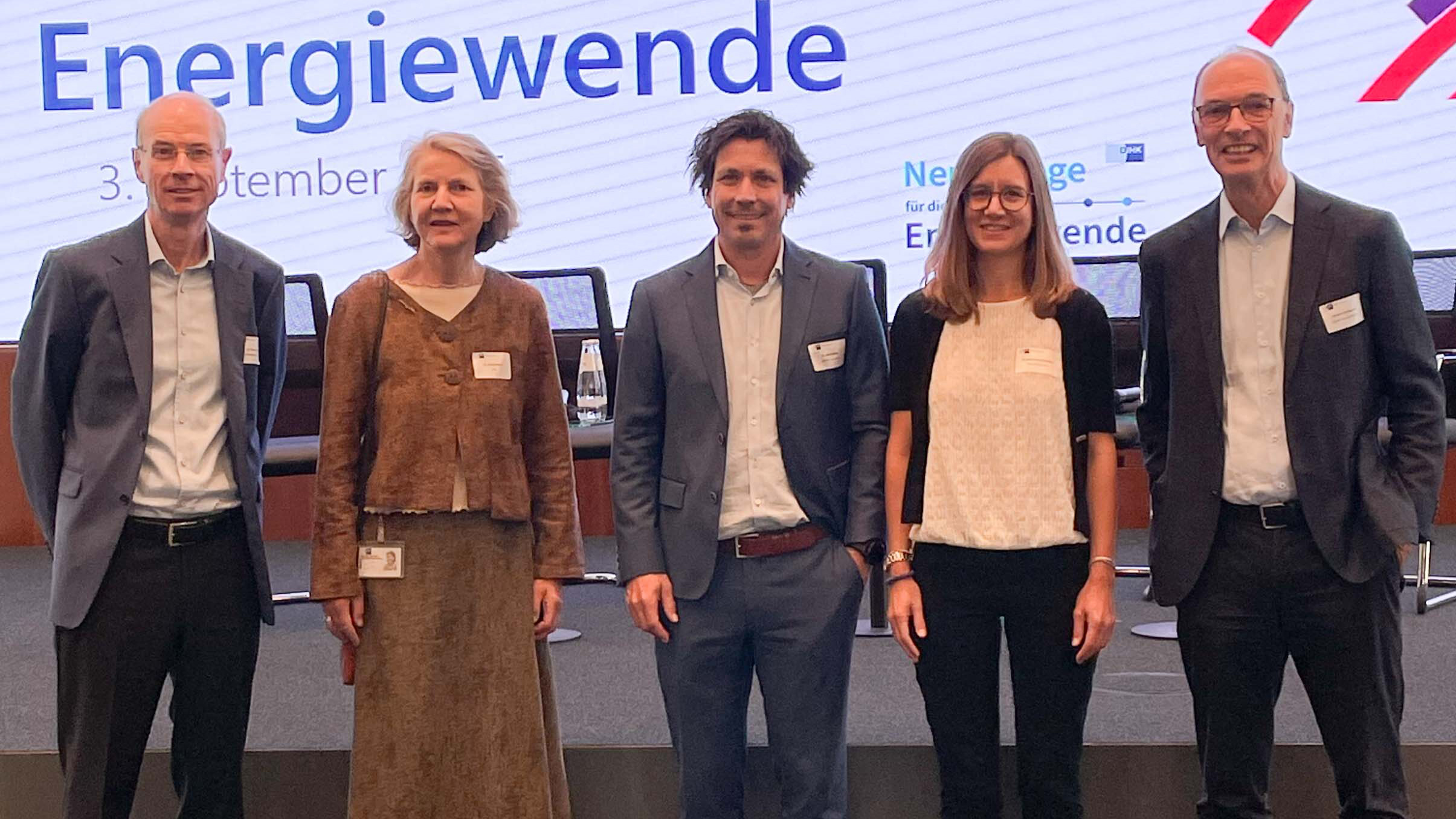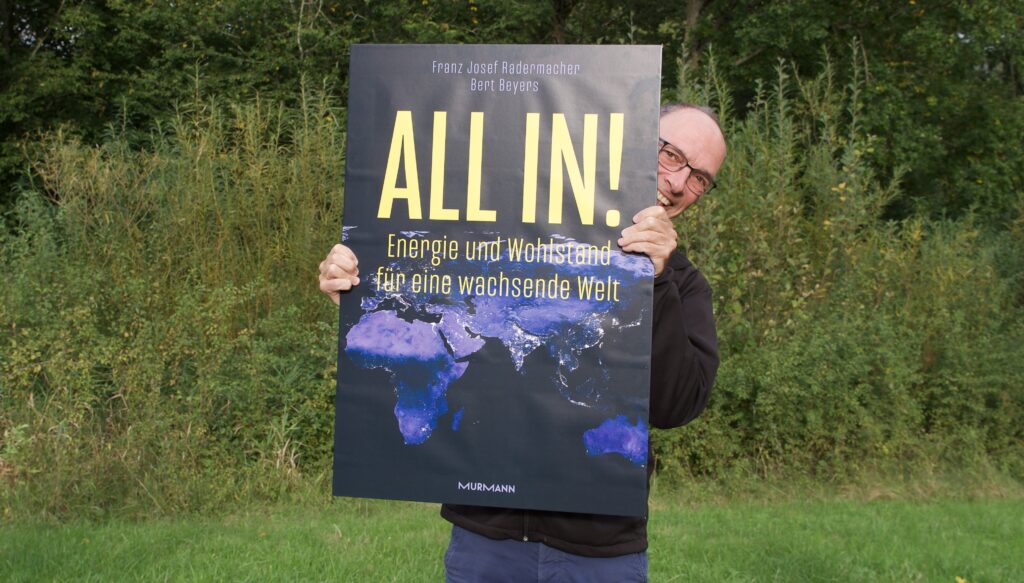At this point, some news of the last few weeks will be addressed which, from GES’ point of view, are reason for hope because they contain building blocks of a possible global solution and / or could help to develop a realistic view of the challenges ahead of us.
Germany has signed its first supply contract for green hydrogen – but the delivery will take place later than planned. From 2027 to 2032, more than 259,000 tonnes of the hydrogen derivative ammonia are to arrive by ship from Egypt. The agreement is one of the first in the German H2Global funding programme.
The core network for hydrogen transport in Germany has cleared an important hurdle. The federal government and transmission system operators have launched a corresponding concept. The core network is expected to cost around 20 billion euros. The investment will be secured with substantial amounts from the state. The presentation of the concept has attracted a great deal of criticism, with many voices recognising that green hydrogen has significantly less potential than large sections of the political community for a variety of reasons, including the question of costs and scalability.
There are no concrete investment decisions for the import of hydrogen in German harbours. In Rotterdam, on the other hand, the first projects have been financed and have begun. Even green hydrogen from European production has only achieved “modest success” so far, according to the European Union’s Court of Auditors: the targets set for 2030 are too ambitious. This is in line with the analyses of GES in a recent paper: according to this, the ramp-up is too slow and domestically produced hydrogen is too expensive.
China’s solar industry is in the red. Longy Green Energy, one of the world’s largest producers of photovoltaics, warns of a loss of around 700 million euros for the first half of the year. Although China installs more solar systems than any other country, supply exceeds domestic demand. The government is now trying to counteract this.
Is the end of the combustion engine coming? There are some indications. In her re-election speech as head of the European Commission, Ursula von der Leyen spoke out in favour of e-fuels. This is in contrast to current EU policy, which only wants to authorise new cars that are climate-neutral in operation from 2035. GES is very clearly in favour of the combustion engine, see our background paper on the role of synthetic fuels for climate-neutral mobility.




